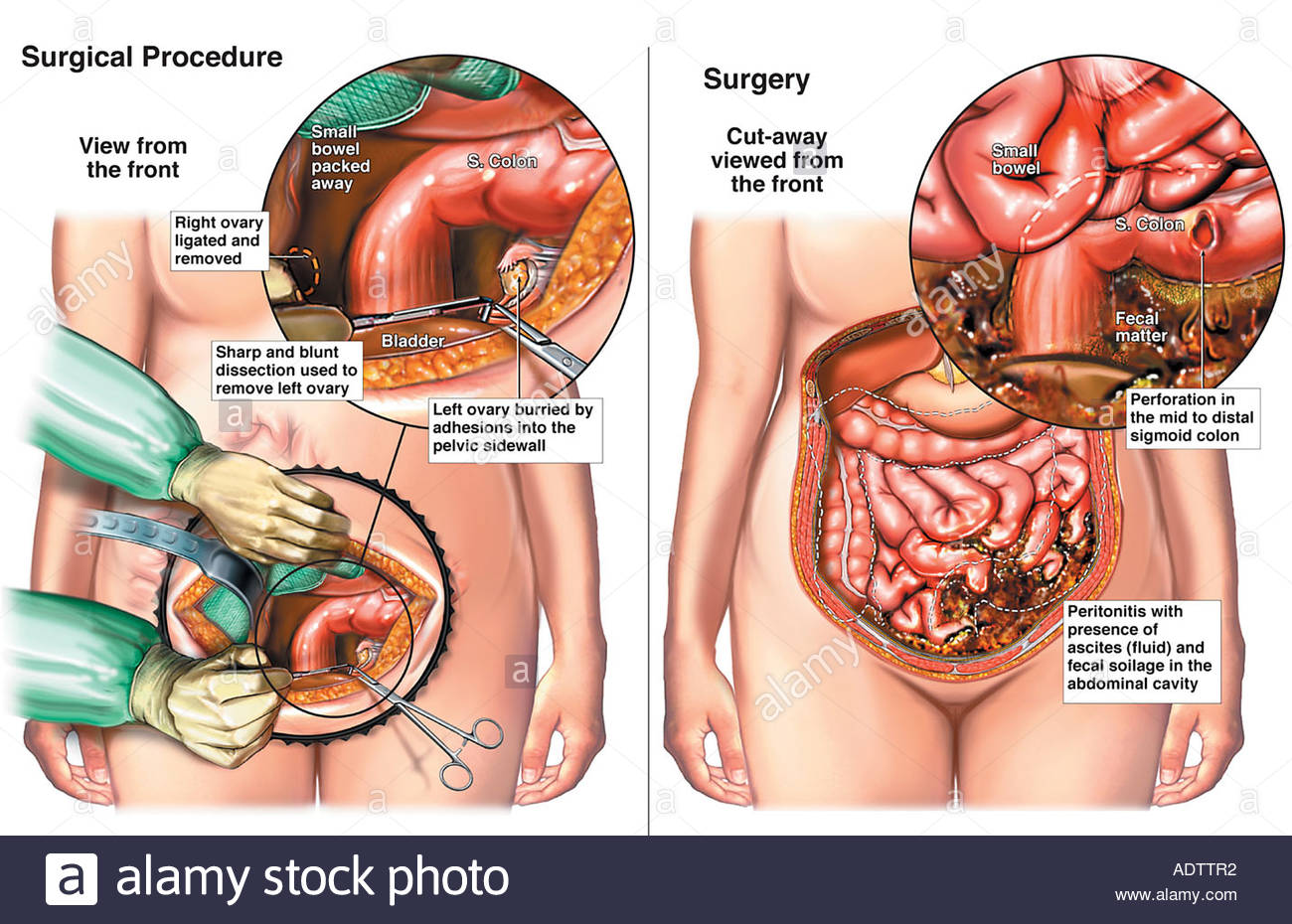Oophorectomy in Munich
Search and Compare the Best Clinics and Doctors at the Lowest Prices for Oophorectomy in Munich

Find the best clinics for Oophorectomy in Munich
No pricing info available
Ukraine offers the best prices Worldwide
Price: $ 714
University Hospital of Munich (LMU), located in Professor Huber Platz, Munich, Germany offers patients Oophorectomy procedures among its total of 223 available procedures, across 26 different specialties. Currently, there's no pricing information for Oophorectomy procedures at University Hospital of Munich (LMU), as all prices are available on request only. There is currently a lack of information available on the specialists practicing at the Hospital, and they are not accredited by any recognized accreditations institutes
WHY US?
At Medijump, we're making medical easy. You can search, compare, discuss, and book your medical all in one place. We open the door to the best medical providers worldwide, saving you time and energy along the way, and it's all for FREE, no hidden fees, and no price markups guaranteed. So what are you waiting for?

Free

Best Price

Widest Selection

Risk-Free
What you need to know about Oophorectomy in Munich

Oophorectomy also referred to as ovariectomy, is a surgical procedure to remove one or both of a woman’s ovaries – the almond-shaped organs located on each side of the uterus that produces ovum (egg cells). It is often performed to prevent or treat certain medical conditions, such as ovarian torsion, endometriosis, non-cancerous ovarian tumor, and ovarian cancer.
What does a Oophorectomy Procedure Involve?
A general anesthetic is used during oophorectomy and the procedure can be performed in two different ways: laparotomy or laparoscopy. With laparotomy, your surgeon will make a single large incision in your lower abdomen to gain access to your ovaries. Then, your surgeon removes the ovary by separating each ovary from the blood supply and tissue that surrounds it. With a laparoscopy, your surgeon makes three small incisions in your abdomen to insert a small surgical tool and laparoscope (a small, flexible tube with a tiny camera and a light on its end). The surgeon separates each ovary from the blood supply and the surrounding tissue and places it into a pouch. The pouch is then pulled out of your abdomen through the small incision.
How Long Should I Stay in Munich for a Oophorectomy Procedure?
If you have a laparoscopy, you only have to stay in the hospital for a day. If you have laparotomy, expect to stay in the hospital for 2 or more days. However, you will need to stay in Munich a bit longer, at least around 7 to 14 days for the initial recovery, follow-up checkups, and for the removal of the stitches.
What's the Recovery Time for Oophorectomy Procedures in Munich?
You may be able to return to your normal routine and go back to work within 2 to 3 weeks after oophorectomy with laparoscopy. If you undergo laparotomy, you may need six weeks until you can resume your full normal activities.
What sort of Aftercare is Required for Oophorectomy Procedures in Munich?
You will need to refrain from sexual intercourse for a few weeks and also avoid heavy lifting and exercise during the recovery period, but make sure to get up and about as soon as you can. You may need to make dietary changes and avoid using tampons.
What's the Success Rate of Oophorectomy Procedures in Munich?
Oophorectomy has a high success rate of 97.5%. However, there are some side effects, complications, and risks you need to be aware of before the procedure, such as hot flashes and vaginal dryness (menopause symptoms), memory problems, decreased sex drive, heart disease, depression, anxiety, and osteoporosis.
Are there Alternatives to Oophorectomy Procedures in Munich?
The alternative to oophorectomy depends on what medical condition you need the procedure for. If you have endometriosis, your alternative is hormone therapy. Hysterectomy can also be an alternative to this procedure.
What Should You Expect Before and After the Procedure
Before an oophorectomy, you may be at risk of ovarian and risk cancer. After the surgery, your risk will be greatly reduced. If the procedure is performed to treat a specific condition, you will no longer experience the symptoms of the condition.
Whilst the information presented here has been accurately sourced and verified by a medical professional for its accuracy, it is still advised to consult with your doctor before pursuing a medical treatment at one of the listed medical providers
No Time?
Tell us what you're looking for and we'll reachout to the top clinics all at once
Enquire Now

Popular Procedures in Munich
Prices Start From $500

Prices Start From $260

Prices Start From $714

Prices Start From $714

Recommended Medical Centers in Munich for Oophorectomy

- Interpreter services
- Translation service
- Religious facilities
- Medical records transfer
- Medical travel insurance
- Health insurance coordination
- TV in the room
- Safe in the room
- Phone in the room
- Private rooms for patients available

- Interpreter services
- Translation service
- Religious facilities
- Medical records transfer
- Medical travel insurance
- Health insurance coordination
- TV in the room
- Safe in the room
- Phone in the room
- Private rooms for patients available

- Interpreter services
- Translation service
- Religious facilities
- Medical records transfer
- Medical travel insurance
- Health insurance coordination
- TV in the room
- Safe in the room
- Phone in the room
- Private rooms for patients available

- Interpreter services
- Translation service
- Religious facilities
- Medical records transfer
- Medical travel insurance
- Health insurance coordination
- TV in the room
- Safe in the room
- Phone in the room
- Private rooms for patients available
Oophorectomy in and around Munich
About Munich
Munich is the largest city in Southern Germany and it is one of a few places on earth where traditional and modern sit side by side, with its royal palaces and high-tech cars. Known as the ‘city of art and beer,’ this city is famous for its annual beer festival known as Oktoberfest. What most people do not realize is that Munich is also one of the world’s most famous medical tourism destination. Thanks to the famous German education system that creates skilled specialists, as well as state-of-the-art medical centers that invest in the latest medical technology, medical tourism in this city is a booming business that continues to grow at a fast rate. International patients usually travel to the city for quality rather than the price.
Popular Parts of Munich
Munich boasts a beautiful historic center, amazing German food, large parks and gardens, and beer halls packed with welcoming people. Visitors can explore numerous historical buildings, such as the Church of St. Peter and Frauenkirche. These two buildings have been around for centuries and are located in Munich’s Old Town. One of the most popular attractions in the city is Alte Pinakothek, which is an important art museum that houses over 800 works from the 14th – 18th centuries from German masters. Those who want to have a picnic, hike, simply relax or even try surfing should visit the English Garden. Other popular places include Dachau Concentration Camp, Nymphenburg Palace, BMW Museum, and Deutsches Museum.
Transport in Munich
The international airport of Munich is Munich Airport, which is the second-busiest airport in Germany in terms of passenger traffic. It serves international flights from many cities around the world, including Dubai, Bangkok, and Atlanta. Munich has a comprehensive network of public transportation that will take visitors virtually anywhere around the city. The most common transit system is the U-Bahn, which is a fast and easy underground subway system. Buses, trams, and commuter trains are also available and each has a vast network. Taxis are easy to hail, reliable, and safe. However, they are a bit pricey and Uber operates in Munich.
Visas in Munich
As a member of the Schengen Area, Germany allows citizens of several countries, including Australia, New Zealand, the US, and Poland to enter and stay in the country without a visa for up to 90 days. Citizens of other countries not listed in the visa-free entry need to obtain a visa to visit the country. Always check the requirements for Germany Visa Application before applying.
Weather in Munich
From June to August is the summer, which is a popular time to enjoy outdoor activities as the temperatures hover around 24°C. On very hot days, the temperatures can reach 30°C. Autumn (September – October) and spring (March-May) has pleasant weather with mild temperatures. Winter can be very cold, with temperatures dropping as low as -10°C.
Additional Info
- Local Currency: Euro (EUR) is the official currency. 1 EUR is approx. 1.12 USD.
- Money & Payments: ATMs are easy to find. Credit cards are not widely accepted and tipping is common practice.
- Local Language: The official language is German. Many people, particularly in tourism areas, understand English to some extent.
- Local Culture and Religion: Christianity is the largest religion in the city, followed by Islam, Buddhism, Hinduism, and Judaism.
- Public Holidays: Munich celebrates numerous holidays, including New Year’s Day and Christmas Day. It also hosts several festivals throughout the year, such as Oktoberfest in October.
Popular Searches
- Plastic Surgery in Thailand
- Dental Implants in Thailand
- Hair Transplant in Thailand
- Breast Augmentation Thailand
- Gastric Sleeve in Thailand
- Gender Reassignment Surgery in Thailand
- Laser Hair Removal in Bangkok
- Botox in Bangkok
- Dermatology in Bangkok
- Breast Augmentation in Bangkok
- Coolsculpting in Bangkok
- Veneers in Turkey
- Hair Transplant in Turkey
- Rhinoplasty in Turkey
- Stem Cell Therapy in Mexico
- Rhinoplasty in Mexico
- Liposuction in Mexico
- Coolsculpting in Tijuana
- Rhinoplasty in Korea
- Scar Removal in Korea
- Gastric Sleeve in Turkey
- Bone Marrow Transplant in India
- Invisalign in Malaysia
- Plastic Surgery in the Dominican Republic
- Tummy Tuck in the Dominican Republic
- Plastic and Cosmetic Surgery in Poland
- Rhinoplasty in Poland
- Hair Implant in Poland
- Dental Implants in Poland
- IVF in Turkey
